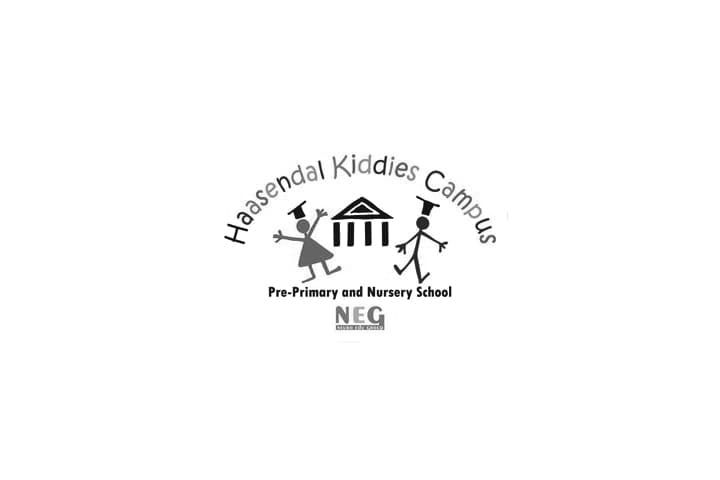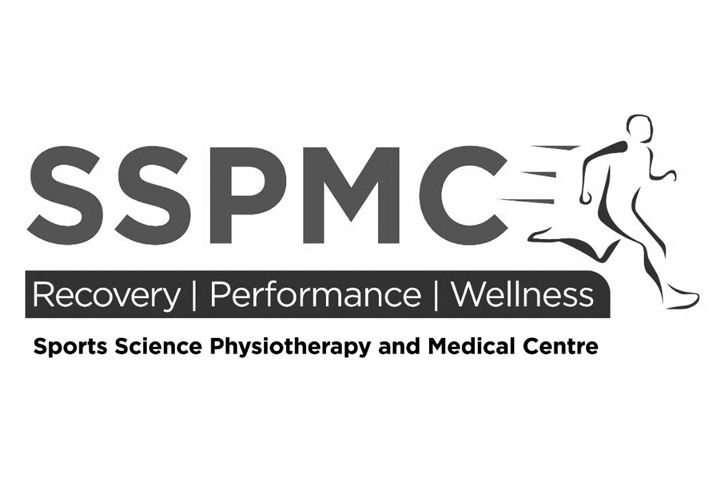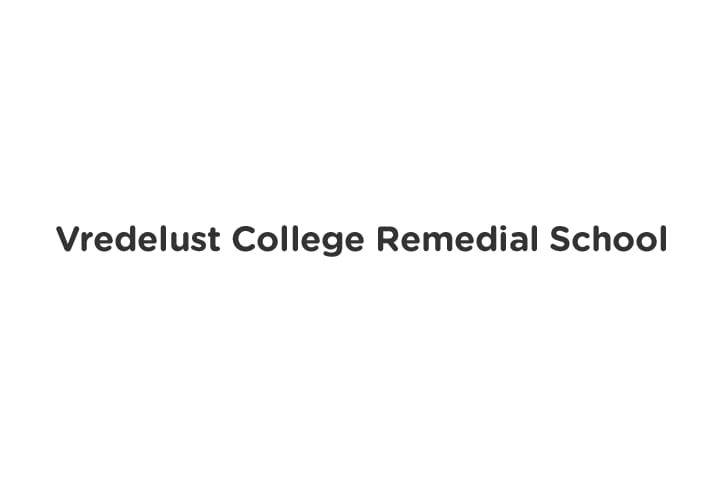
F.A.Q’s
Normal Developmental Stuttering
1. Your Child will repeat a syllable or word once or twice e.g. tr-tr-train
2. Your child may hesitate and use word such as “um”, “er” and “uh” to fill a sentence as they are trying to find the correct word to use.
3. Between the ages of 18 months till 5 years their stuttering may come and go. They may not stutter for weeks on end and return when your child goes through a new stage of learning or language development.
4. Stuttering may occur when your child is experiencing fatigue or in a hurry.
Signs of Mild Stuttering
1. Repeats syllables or words more than twice e.g. tr-tr-tr-tr-train
2. One can see the muscles tightening around their neck and face.
3. Their voice starts to sound higher as they are repeating the sound. The may have “block” where no voice can be heard and there is no airfow for a few seconds.
4. Their stuttering may come and go, but is more prevelant than absent.
Signs of Severe Stuttering
1. Your child stutters more than 10% while speaking.
2. Effort and increase tension in the muscles of the face can be observed.
3. Your child may change his/her words, avoid certain sounds, syllable or words, or use extra sounds, syllables or words when initiating speaking.
4. They stutter in most speaking environments.
5. They have more blocking than repetitions or prolongations.
These factors should be used to determine if your child should consult with a Speech and Language Therapist.
1. Family History of stuttering: Research has noted that children who stutter usually have a family member that stutters. If the family member continues to stutter during adulthood then the child is a true stutterer.
2. Age of Onset: If a child star starts to stutter before 3 years 6 months he/she is more than likely to outgrow the stuttering. If the child start stuttering after 3 years 6 months then it is most likely that he/she is a true stutterer.
3. Gender: Research shows that 3-4 boys continue to stutter to every 1 girl that stutters. Girls will outgrow stuttering more than boys.
A lisp is when a child has difficulty saying the /s/ or the /s/ sounds and sometimes has difficulty saying the /sh/, /ch/, and /j/ sounds. There are a 4 different types of lisps:
1. Interdental/Frontal lisp
2. Dentalized Lisp
3. Lateral lisp
4. Palatal lisp
Let’s first discuss the production of an appropriate lisp for the /s/ and /z/ sound. These sounds are produced in the same manner in the mouth. The tongue is kept behind the teeth with the tip of the tongue behind the top or the bottom teeth. The sides of the tongue lift toward the molars on the top jaw. Once this tongue has taken this position, a groove forms in the middle for air to pass through, allowing the sound to produce. Although the /s/ and /z/ sound are produced in the formation in the mouth, the /s/ sound require no voice while the /z/ sound requires voice. A lisp is caused by an incorrect placement of the tongue when producing these sounds.
Lisp that occur in Typical Speech Development:
Dentalized Lisp: The /s/ and /s/ sound is made with the tongue touching or pushing against the top teeth. This sound is only appropriate up to 4 ½ years of age. After this age it becomes habitual and difficult to remediate.
Lisps that are not in typical developing speech:
Lateral Lisp: This lisp is known as a “spitty”, “slushy” and “messy” lisp. With a lateral lisp, the tongue is in the position to make a /l/ sound, instead of the air moving forward and escaping in the front of the oral cavity it escapes over the sides of the tongue. This Lisp will require Speech and Language therapy.
Palatal lisp: This occurs when the middle section of the tongue makes contact with the soft palate. When combining the /h/ sound with a /y/ sound for longer than necessary period of time one is able to make the Palatal lisp sound. This Lisp requires Speech and Language Therapy.
When is a lisp not developmentally appropriate?
Later and Palatal lisp are not developmentally appropriate. It is recommended that your child is Assessed and receives Speech and Language Therapy by a Speech and Language Therapist. Therapy can start from as young as the 3-4 years of age depending on the child’s ability to follow directions and maturity level. A lisp can be difficulty to remediate therefore some children will not be ready for therapy up to a later age. A Speech and Language Therapist will be able to determine if a child is ready for therapy.
The cause of a lisp is unknown. Some Speech and Language Therapist believe it is due to weak speech musculature while others believe it does not. Some children may have a tongue thrust with a lisp. A tongue thrust is when the tongue moves to far forward during swallowing. A tongue thrust may effect speech causing a lisp. If you suspect that your child has a tongue thrust discuss it with your Dentist or Pediatrician. A Speech Language Therapist should also be able to determine if your child has a tongue thrust.
Articulation therapy can start at approximately 3 years 6 months. It sounds like you daughter has a phonological disorder. She doesn’t have difficulties with the production of sounds but rather with the way in which sounds are combined within a language. These strategies are typical used by children between the age of 1 year 6 months and 4 years to simplify adult speech. You did not indicate her age. If she continues to use phonological disorders beyond the age of 4 I would be concern and recommend therapy.
He is unfortunately not going to grow out the lisp. His teeth are open when he says the /s/ sound and his tongue hangs out. A normal /s/ sound requires the teeth to remain close thereby keeping the tongue in the mouth. It is very cute when they are younger but not as cute when they are adults.
It is recommended that he comes in for ONE therapy session. The therapist will do a case history to identify what the cause is of the stuttering. It will be followed by an assessment to determine what type of stuttering he has and how often he stutters. After which the parents will be given strategies to adapt their communication behaviour to be more conducive for the child to produce fluent speech. These strategies will prevent the child’s stuttering from getting worse and hopefully not receive any form of formal therapy in the future. Formal therapy can only be given at the age of 4 years. Before the age of 4 years the child will not be able to understand the different techniques that the therapist will teach him to reduce his stuttering.
A child is is able to produce the /r/ sound correctly between the ages of 2 years to 4 years old. Give her until the age of 4 years to learn the sound. If is she still does not produce it correctly consider sending her to a Speech therapist. The /r/ sound is the most difficulty sound to rehabilitate. It can take between 3 – 6 months for a marked improvement. It is required that the child practices the sound on a daily basis. These results depend on the child and how often she practices.
Girls in general start speaking faster than boys and acquire more words. At the age of 18 months a child should be able to identify 1-3 body parts. He/she should follow simple commands and have a vocabulary of 20 or more words. I am concerned that he is not speaking yet. He will eventually start speaking. However, I would like him to be speaking at his age appropriate level. Children who start speaking late are at risk for learning difficulties. We need to ensure that his language is age appropriate before he goes to Gr. R. He is still young so there is quite a bit of time to catch up. Think of the language center in the brain as a filing cabinet that needs to be filled with words and sentences. He needs to have sufficient words and sentences to do well at school. Otherwise he will have difficulty understanding what the teacher is teaching him or providing information when he is tested. As an adult if we go to a course/class in a different language that we don’t understand, we will not learn anything because do not understand what the teacher may be saying. It is the same experience for a child who does not have sufficient words or sentences in their so called filing cabinet (language center in the brain). Start stimulating your child’s language as soon as possible or alternatively arrange an appointment with a Speech Therapist to provide guidelines.
The best form of language stimulation is reading a book. Choose a book with a story that has a beginning, middle and end. It should have big pictures that interest your child and not more than one sentence on each page. Keep her away from the television. Television is a great baby sitter. However, it provides too much visual stimulation. The best way to stimulation the language center in the brain is via the ear. Read to her or alternatively have her listen to a CD recorded story. Alternatively arrange and appointment with a Speech Therapist for more guidelines.
Firstly dad is providing the example and should not be cursing around him. Your son is at the age where his brain is like a sponge. He is absorbing information from his environment like a sponge absorbs water. It is best not to curse around him. Secondly when he does curse do not respond to him cursing. Parents usually have a shocked response or start laughing when their child curses. This encourages him to curse more. Act as if what he says you didn’t hear and he will stop cursing.
He should be 80% understandable to strangers. The fact that he is not is a concern. Be gentle when speaking to parents. Parents become defensive when their child appears to be under attack. Rather ask her how she feels about his speaking skills when comparing him to friends.
Stuttering therapy will help your husband to control his stuttering. He will stutter less. It will not completely cure his stuttering. Everyone stutters in their daily speaking. Stuttering now and then is not a big deal. Therapy consist of the first hour session to assess how much he stutters and how it affects his daily life. After that there will be 8 half-an-hour session in which 8 different techniques will be introduced to him. He can decide which technique works best for him.
The role of a speech, language and hearing therapist is to assess and treat speech, language and communication problems in people of all ages to enable them to communicate to the best of their ability.
Speech and Language therapy can be needed for a variety of reasons, including:
autism
birth defects such as cleft lip or cleft palate
cerebral palsy
cognitive (intellectual; thinking) or other developmental delays
down syndrome
hearing impairments
weak oral muscles
motor planning problems (apraxia)
pronunciation or articulation problems
respiratory problems (breathing disorders)
stuttering or dysfluency
stroke
swallowing disorders
traumatic brain injury
We have a very close relationship with:
Medical Specialists: Paediatrician, Ear, Nose and Throat Specialists (ENT’s), Neurologists, ect.
Medical teams: GP’s, Occupational therapists, Audiologists, Physiotherapists, Psychologists and Nurses.
Educational teams: Teachers and Remedial teachers
The family: Parents, Guardians and Spouses.
Therapy should begin as soon as possible!






